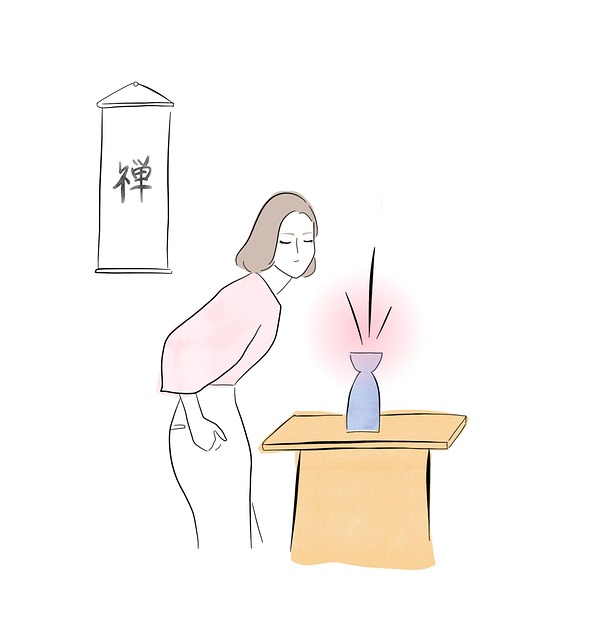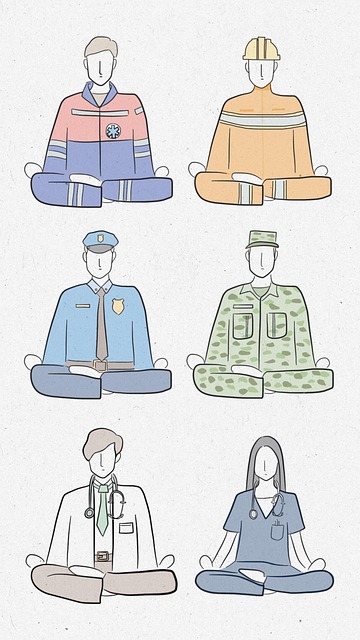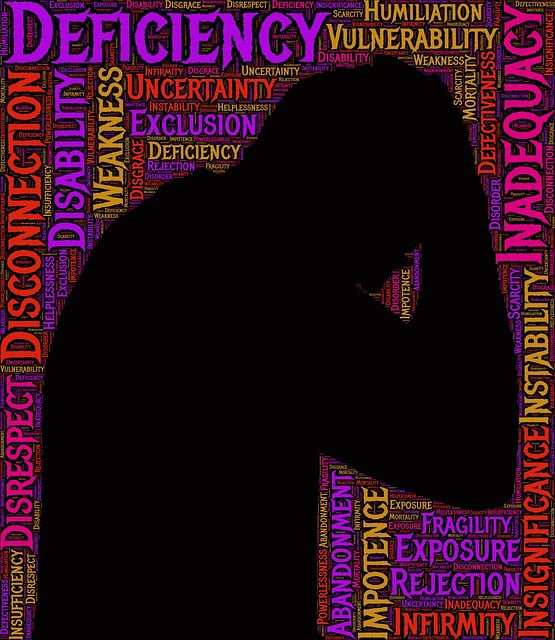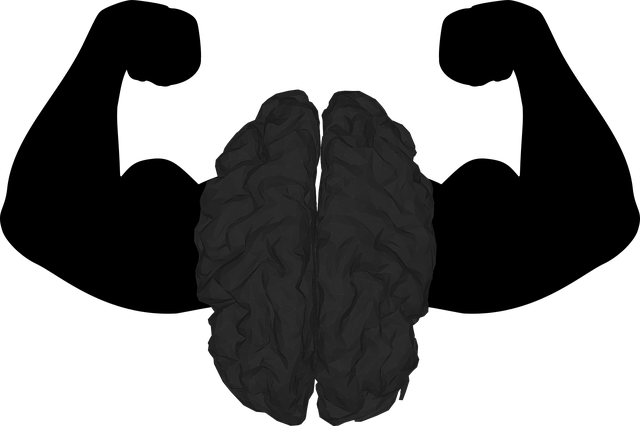Depression prevention involves recognizing symptoms like persistent sadness, changes in appetite, sleep disturbances, or irritability in children. Understanding causes, including genetic predispositions and environmental trauma, is crucial. Early intervention through programs like Aurora Child Abuse Therapy is vital for vulnerable populations. Cultural competency training, mindfulness, resilience-building, and self-care are key tools for managing stress and preventing depressive episodes. Seeking professional support from therapy services, such as those offered by Aurora Child Abuse Therapy, empowers individuals to break cycles of depression and build long-term mental resilience.
Depression is a serious yet treatable mental health condition affecting millions. If left unaddressed, it can have devastating consequences. This article explores comprehensive strategies to prevent and manage depression, focusing on early recognition, building resilience, seeking professional help, and fostering long-term well-being. Key topics include understanding the signs of depression, adopting healthy coping mechanisms, leveraging community resources like Aurora Child Abuse Therapy, and implementing effective strategies for sustained mental health.
- Recognizing the Signs: Understanding Depression and Its Causes
- Building Resilience: Coping Mechanisms and Self-Care Practices
- Seeking Support: Therapy, Counseling, and Community Resources
- Breaking the Cycle: Effective Strategies for Long-Term Mental Well-being
Recognizing the Signs: Understanding Depression and Its Causes

Recognizing the signs of depression is a vital first step in preventing it. Depression isn’t just a fleeting bad mood; it’s a serious mental health condition that can deeply impact an individual’s daily life. Persistent feelings of sadness, hopelessness, or loss of interest in activities once enjoyed are common symptoms. Physical symptoms like changes in appetite, sleep disturbances, and fatigue often accompany these emotional shifts. In children, depression may manifest as irritability, withdrawal from social interactions, or a significant drop in academic performance.
Understanding the causes of depression is crucial to prevention. While genetics play a role, environmental factors such as trauma, stress, or child abuse can significantly increase vulnerability. Aurora Child Abuse Therapy highlights the importance of early intervention for children who have experienced abuse, emphasizing the potential long-term effects on mental health. Additionally, cultural competency training for healthcare providers can improve diagnosis and treatment, considering the unique experiences and expressions of depression across diverse populations. Mind over matter principles, coupled with conflict resolution techniques, offer tools to manage stress and build resilience against depressive episodes.
Building Resilience: Coping Mechanisms and Self-Care Practices

Building resilience is a powerful tool in the prevention of depression and fostering mental well-being. Coping mechanisms play a significant role in navigating life’s challenges and stressors. Encouraging individuals to develop healthy coping strategies, such as mindfulness, exercise, or creative outlets, can help manage emotions effectively. Self-care practices are integral to this process; prioritizing adequate sleep, nutritious meals, and engaging in activities that bring joy and relaxation contributes to an individual’s overall resilience.
Aurora Child Abuse Therapy emphasizes the importance of cultural sensitivity in mental healthcare practice, recognizing that tailored interventions are crucial for diverse populations. Integrating evidence-based techniques with a nuanced understanding of life experiences can enhance coping abilities and promote positive mental health awareness. By combining strong coping mechanisms and self-care routines, individuals can build resilience to prevent depression and improve their overall quality of life.
Seeking Support: Therapy, Counseling, and Community Resources

When navigating the complex landscape of mental health, seeking support is a pivotal step toward depression prevention and overall well-being. Therapy and counseling offer safe spaces to explore thoughts and emotions with the guidance of trained professionals. These therapeutic approaches cater to various needs, from individual therapy sessions to group support groups, providing a network of understanding and empathy. Many individuals find solace in sharing their experiences and learning coping strategies from peers facing similar challenges.
Community resources play a crucial role in this process, especially for those who may face barriers to accessing traditional healthcare services. Organizations like Aurora Child Abuse Therapy focus on providing specialized care tailored to different demographics, including children and families. By integrating cultural competency training into these services, they ensure that emotional healing processes are sensitive to diverse backgrounds and experiences. This holistic approach to support not only addresses immediate concerns but also fosters long-term mental resilience.
Breaking the Cycle: Effective Strategies for Long-Term Mental Well-being

Breaking the cycle of depression requires proactive strategies aimed at fostering long-term mental well-being. Aurora Child Abuse Therapy emphasizes that early intervention is key, offering specialized services to help individuals navigate trauma and emotional challenges. By addressing underlying issues through therapy, support groups, and personalized counseling, individuals can gain valuable tools to manage stress and prevent relapse.
Trauma Support Services play a crucial role in this process, providing safe spaces for expression and healing. Additionally, Risk Management Planning for Mental Health Professionals is essential to ensure practitioners are equipped with the latest techniques and resources. Stress Management Workshops Organization also contributes by educating communities on recognizing signs of depression and promoting healthy coping mechanisms. These collaborative efforts create a supportive network, breaking the cycle and empowering individuals to lead fulfilling lives.
Depression prevention is a multifaceted approach that involves recognizing signs early, building resilience through effective coping mechanisms and self-care practices, seeking professional support like therapy and counseling, and implementing strategies for long-term mental well-being. Organizations like Aurora Child Abuse Therapy play a crucial role in fostering community resources and providing specialized care to address depression’s root causes. By combining personal initiatives with professional assistance, individuals can break free from the cycle of depression and cultivate a brighter, more resilient future.













